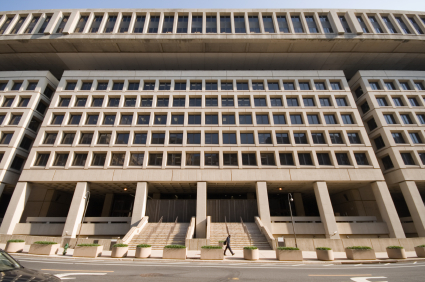By Steve Neavling
The Trump administration is moving to suspend agreements aimed at reforming police departments where the Justice Department identified systemic misconduct, according to a memo issued on Wednesday.
“The new administration may wish to reconsider settlements and consent decrees negotiated and approved by the prior administration,” acting Associate Attorney General Chad Mizelle said in the memo, CNN reports.
Mizelle directed the civil rights division of the Justice Department to “not execute or finalize any settlements or consent decrees approved prior to January 20, 2025, 12:00pm.” Additionally, he instructed civil rights attorneys to inform him of any consent decrees or settlements completed within the last 90 days.
This action, anticipated with the presidential transition, could significantly disrupt police reform plans in cities like Minneapolis and Louisville, Kentucky, where agreements were announced by the Justice Department during the Biden administration’s final weeks.
Consent decrees in both Minneapolis and Louisville are still awaiting judicial approval, giving the Trump administration an opportunity to intervene and potentially terminate the agreements.
In a separate directive issued Wednesday, Mizelle instructed civil rights lawyers to halt “filing any new complaints, motions to intervene, agreed-upon remands, amicus briefs, or statements of interest” until further guidance is provided. While it is not unusual for incoming administrations to review ongoing litigation, such reviews are typically conducted on an individual case basis, according to current and former Justice Department officials.
President Trump, along with his Republican allies, has frequently voiced opposition to the use of consent decrees as a means to enforce police reforms.
During his campaign, Trump pledged to “back the blue,” a slogan signaling support for law enforcement, even in instances where officers faced allegations of misconduct or civil rights violations. Under Trump’s first administration, the Justice Department similarly sought to curtail the use of police consent decrees.
The Louisville agreement, finalized in mid-December, followed a lengthy investigation into the city’s police force, which was scrutinized after Breonna Taylor’s fatal shooting in 2020.
Proposed reforms in the Louisville consent decree included requirements for officers to “use appropriate de-escalation techniques and attempt to resolve incidents without force when possible, and use force in a manner that is reasonable, necessary, and proportional to the threat presented.”
The agreement also required the department to “investigate allegations of officer misconduct fully, fairly, and efficiently, and hold all officers who commit misconduct accountable through fair and consistent discipline.”
Earlier this month, a similar consent decree was announced in Minneapolis after years of investigation into its police force. The DOJ inquiry, launched in the wake of George Floyd’s killing, uncovered patterns of excessive force, including “unjustified deadly force.”
The Minneapolis agreement emphasized reforms such as “preventing excessive force; stopping racially discriminatory policing; improving officers’ interactions with youth” and “protecting the public’s First Amendment rights,” according to the DOJ.






